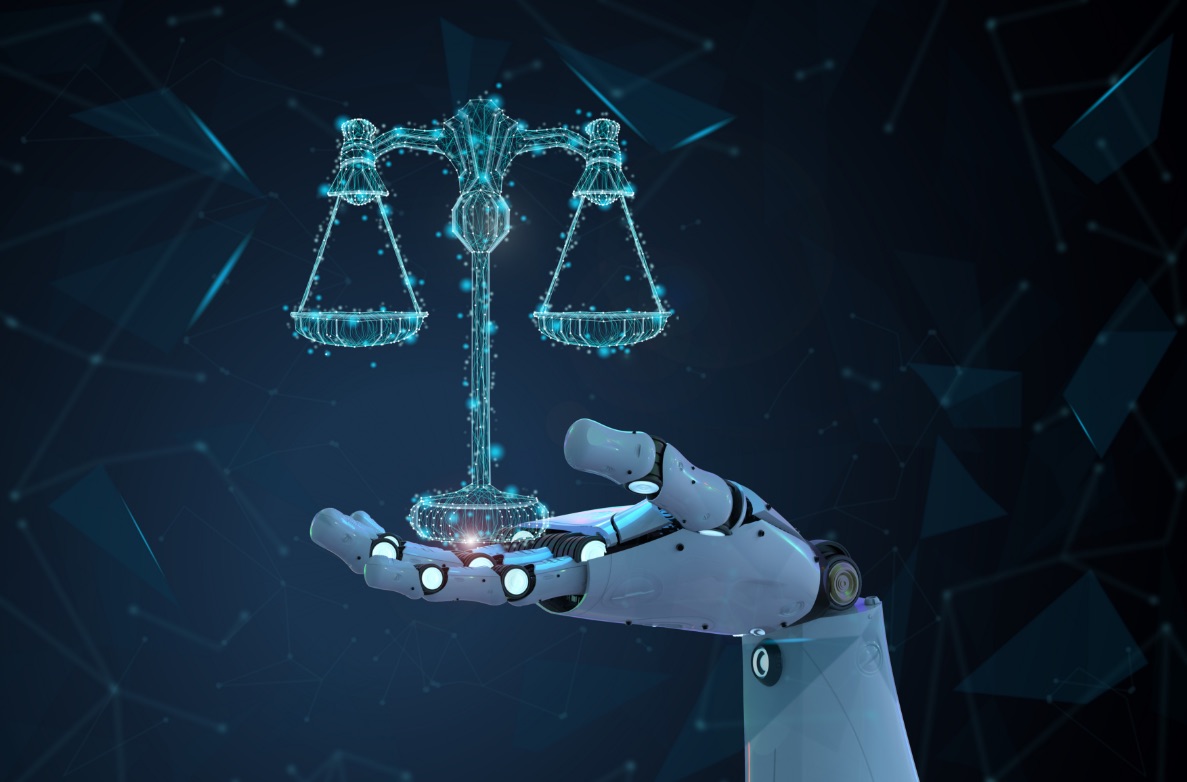Latest Update 3 years ago
Future of Legal and Justice Technology in India
With the world around them moving at a rapid pace, lawyers in India, currently struggle with the traditional, heavily paper-based structure of the profession

The Indian legal industry is one of the largest in the world with over 17 lakh registered advocates, thousands of law schools and even more new graduates joining the profession every year. As an entity entrusted with safeguarding the world’s largest democracy, it plays a crucial role on the larger global stage. But the data currently shows that a whopping 2.81 crore cases are still pending with the district courts in India. For those shocked at this massive backlog, the reason is much more nuanced than the usual ‘Yeh India hai bhai! Yahaan aisa hi hota aaya hai!’. It points to the fact that the number of registered and practicing advocates, though high, is nowhere near enough to meet the requirements of the country, yes; but it also highlights the stark lack of technology-based solutions being implemented in the field of Law.
With the world around them moving at a rapid pace, lawyers in India, currently struggle with the traditional, heavily paper-based structure of the profession. Add the pandemic into the mix, it is as if the problem has its own mind! Fortunately, there are many in the country who are actively working to bridge the gap between legal enterprises and technology-based legal solutions. Across the country, several start-ups are striving to model online filing systems, legal case and contract management systems, provisions that enable online judiciary processes and more importantly, online databases and case repositories that enable better legal research. More and more law firms are opening themselves up to the benefits of legal technology; and the pandemic has almost forced the judicial system to reconcile with technology. Currently, the Supreme Court of India is in the process of devising a massive digital infrastructure that will transform the reach of the justice system. Just last month, the Hon’ble Dr. Justice D.Y. Chandrachud, Chairperson of the e-Committee Supreme Court of India, addressed the Chief Justices of all the High Courts and stressed the urgent need to adopt technological solutions in lieu of physical hearings. So, yes, we are moving in the right direction. But the Indian legal industry still has a long way to go if it is ever to catch up with the advancements witnessed elsewhere.
Lucky for us, there is no denying that young people, or millennials as they are popularly known now, are more tech savvy than any generation before them. Having spent their entire formative years amidst high-speed Internet and readily available smart technology, they learn quickly, adapt easily and create uninhibitedly. It is safe to assume that coming generations are going to be even more intuitively advanced when it comes to technology. Now include young legal minds into the equation, and there will be no stopping this momentum.












